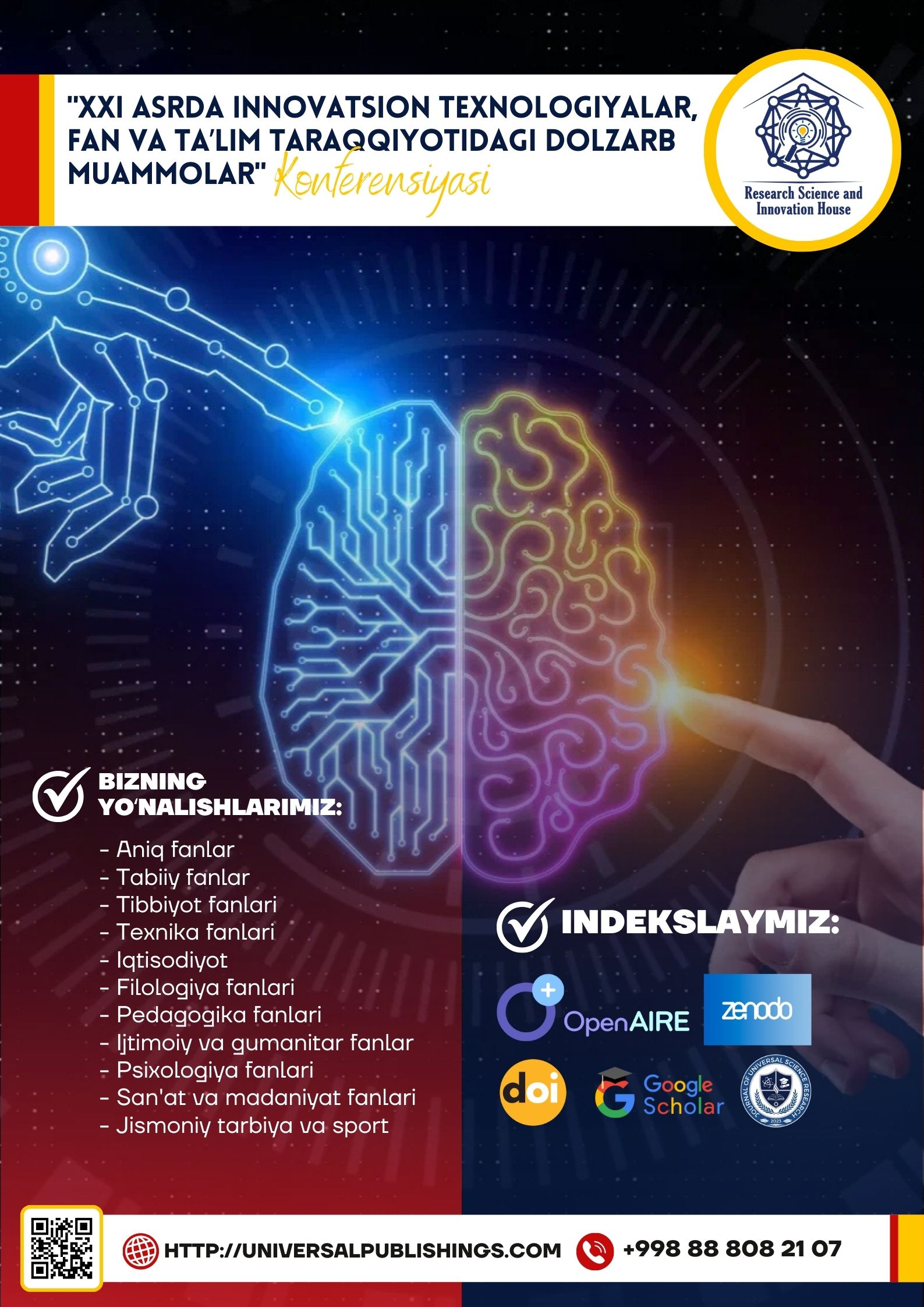Abstract
Inclusive education fosters an environment where students with diverse abilities learn together, promoting social integration and equality. This paper explores the social-psychological mechanisms that drive inclusive education, examining factors such as group dynamics, social identity, peer influence, and empathy development. Through both qualitative and quantitative methods, this study identifies key mechanisms that facilitate or hinder effective inclusion. Findings suggest that successful inclusive practices rely on understanding social interactions, fostering positive peer attitudes, and supporting teachers in managing diverse classrooms. Recommendations are provided to enhance the effectiveness of inclusive education through targeted social-psychological interventions.
References
1. Ainscow, M., & Sandill, A. (2010). Developing Inclusive Education Systems: The Role of Organizational Cultures and Leadership. International Journal of Inclusive Education, 14(4), 401-416.
2. Avramidis, E., & Norwich, B. (2002). Teachers' Attitudes Towards Integration/Inclusion: A Review of the Literature. European Journal of Special Needs Education, 17(2), 129-147.
3. Florian, L. (2008). Inclusion: Special or Inclusive Education? Future Trends. British Journal of Special Education, 35(4), 202-208.
4. Frederickson, N., & Cline, T. (2015). Special Educational Needs, Inclusion and Diversity (3rd ed.). McGraw-Hill Education.
5. Guralnick, M. J. (1999). The Nature and Meaning of Social Integration for Young Children with Mild Developmental Delays in Inclusive Settings. Journal of Early Intervention, 22(1), 70-86.
6. Lindsay, G. (2007). Educational Psychology and the Effectiveness of Inclusive Education/Mainstreaming. British Journal of Educational Psychology, 77(1), 1-24.
7.McLeskey, J., & Waldron, N. L. (2011). Inclusive Schools in Action: Making Differences Ordinary. ASCD.
8. Slee, R. (2011). The Irregular School: Exclusion, Schooling, and Inclusive Education. Routledge.
9. UNESCO. (2009). Inclusive Education: The Way of the Future. Paris: UNESCO.
10. United Nations. (2006). Convention on the Rights of Persons with Disabilities.

